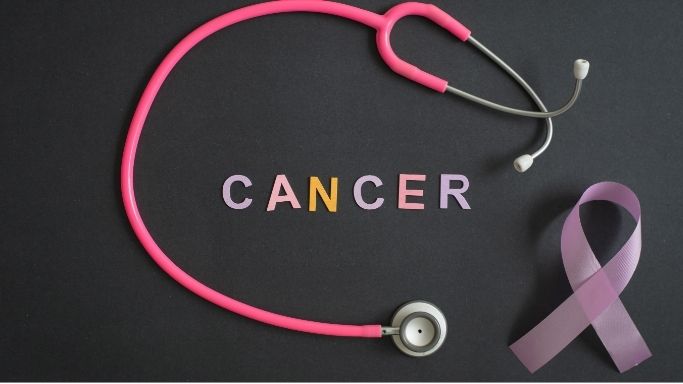Cancer
A Prostate Cancer Prevention Education Program to Increase Knowledge and Self-Efficacy Among African American Men
. 2022 Apr 1;26(2):151-154.
doi: 10.1188/22.CJON.151-154.
Affiliations
Expand
...
NAU program studies cancer in Native Americans
NAU program studies cancer in Native Americans
Source link
Latino cancer health equity, Cancer Moonshot converge in San Antonio
On Feb. 23, two exciting cancer initiatives converged in San Antonio, Texas: the Biden Administration’s Cancer Moonshot, and the third Advancing th...
Advancing Cancer Health Equity for African American Women.
Advancing Cancer Health Equity for African American Women.
Source link
Prostate MRI to Diagnose Prostate Cancer Less Likely in Black Men
Black patients with localized prostate cancer are less likely than White patients and those of other races to receive prostate magnetic resonance i...
Colon Cancer Screening Rates in African American Communities are Low, but Second Generation FIT by Pinnacle BioLabs is Improving Adherence
Medical inequality and racial disparities in the United States of America is real, and combined with a cancer who preys on African Americans at dis...
Trending Topics
Features
- Drive Toolkit
Download and distribute powerful vaccination QI resources for your community.
- Health Champions
Sign up now to support health equity and sustainable health outcomes in your community.
- Cancer Early Detection
MCED tests use a simple blood draw to screen for many kinds of cancer at once.
- PR
FYHN is a bridge connecting health information providers to BIPOC communities in a trusted environment.
- Medicare
Discover an honest look at our Medicare system.
- Alliance for Representative Clinical Trials
ARC was launched to create a network of community clinicians to diversify and bring clinical trials to communities of color and other communities that have been underrepresented.
- Reducing Patient Risk
The single most important purpose of our healthcare system is to reduce patient risk for an acute event.



















